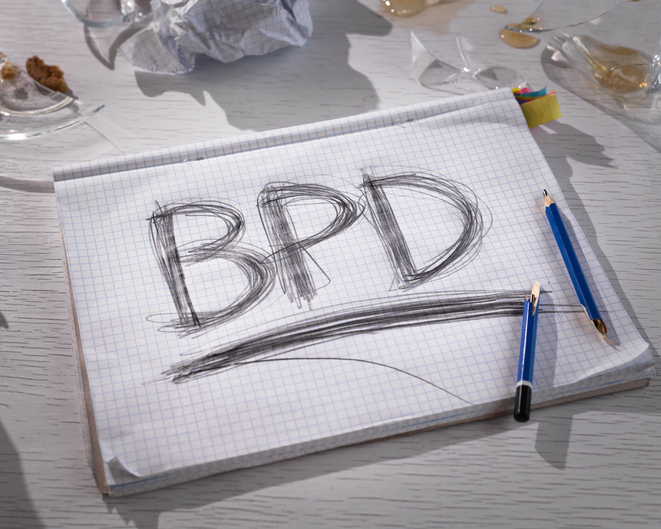What are some of the elements of a Louisville divorce with Borderline Personality Disorder or BPD? What do you need to know if your former spouse has elements of or a diagnosed BPD?
Is your former spouse self-centered, passive aggressive, eager for approval and/or attention, indulgent of their habits or manipulative? Are there explosive emotions followed by destructive or impulsive actions against themselves or others? Does your spouse hate to be alone or fear abandonment? Are they confident they can see how things are going to play out before they actually do? These are some of the most common elements of BPD.
What are the elements of a Louisville divorce with Borderline Personality Disorder you should be concerned about and preparing for? The first area of focus surrounds communications. Keep communications short, as unemotional as possible and focused upon one matter at a time. It is often much easier to communicate in writing with a former spouse with BPD. If the conversation becomes angry or even threatening, set it down and come back to it when you (and hopefully your former spouse) are more calm. Remember, every text, voicemail and email can and will become evidence in a divorce case. The manipulative BPD will often attempt to paint things as they aren’t while drawing you into a battle in order to improve their own position. If your former spouse ignores the boundaries you’ve set you can draw on the divorce and family law attorneys at Dodd & Dodd to help to establish new boundaries or communication channels which deflect and brunt any hurtful communications.
Another of the elements of a Louisville divorce with Borderline Personality Disorder involves focused strategy, in essence, picking and choosing when to engage. It is most important to know what you can’t live without, and what you are willing to live without. Base your actions upon the things you are working to achieve, especially in areas such as child custody and visitation or matters of support or maintenance.
Think transparently. Months and years of reacting to a spouse with BPD can develop coping mechanisms which may not serve you in a divorce. You can trust our attorneys. Part of title is not just “attorney” but “counselor at law.” We understand no one is perfect and we’ve all done things in the past (or present) which we are less than proud of. The more we know the more we can help. We don’t want to provide the other party or their attorneys with evidence which can be used against our own interests. Likewise, the actions of a former spouse with BPD will often speak for themselves, ultimately working against their own interests and advancing ours.
You will need a comprehensive strategy involving clear goals and potential bargaining chips, managing your own emotions and communications at all times, focusing and limiting the “conversation” while ultimately exposing the truth along the way.
We invite you to review the strong recommendations of our former clients and contact us or call 502-584-1108 to schedule an appointment with one of our experienced divorce and family law attorneys.





